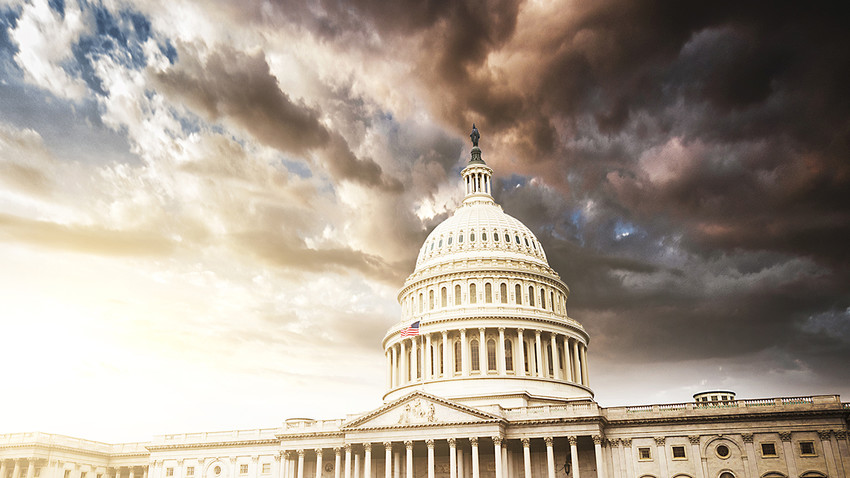Good news for everyone wanting to escape this pandemic world—it isn’t too late to book your flight on Virgin Galatic’s SpaceShipTwo. You'll be rocketed 110 kilometers (68 miles) into glorious space, escaping the woes of this suffering world at 4200 kph (2600 mph) until you reach zero gravity!
And oh my, will you travel in supersonic comfort. This summer I took a video tour of the plush cabin that will surround first-time space travelers or astronauts as the company is calling them (you can watch it, too: www.virgingalactic.com/articles/virgin-galactic-reveals-spaceshiptwo-cabin-interior/).
Here is their brag sheet: you’ll sit in individually sized, reclining seats for G-force management and float zone volume; be bathed in automated mood lighting that harmonizes with each flight phase; watch personal seatback screens to connect astronauts to live flight data; enjoy cabin architecture that facilitates effortless movement in weightlessness; be served by 16 cameras providing high definition footage and stills; be awed by the 12 cabin windows for astronauts to gaze at Earth, and experience the largest mirror in a spaceship cabin that will reflect the real-time astronaut experience (take a selfie).
And seriously, they are taking reservations as we speak! A couple of thousand dollars to reserve your seat. And eventually $250,000 for your ticket. But good news again—it’s a round trip!
So here we are back on earth, battling our way into a new school year beginning right now—all three campuses alive with eager young minds ready and actually excited (most of them) about this unprecedented new year journey. No suborbital flights now—just the daily grind here on terra firma of coping with the Covid-19 new normal we are all already, unfortunately, getting used to.
Still, I suppose there is yet coming another day, perhaps sooner rather than later, when all of us earth inhabitants (young and old) will battle a bone-wearying, emotional, existential fatigue (and for some, despair) over what life has become—and we will long for something better. Somewhere else. Truth is deep inside us is the numinous realization there is more yet to come. As the old codger quipped, “You ain’t seen nothin’ yet!” He’s probably right.
But this is precisely what Jesus spoke to hours before His own death—when with divine-human temerity He waives off His woeful prediction of the earth-wide, endgame meltdown with these bracing words: “‘At that time they will see the Son of Man coming in a cloud with power and great glory.” But He quickly adds: “‘When these things begin to take place, stand up and lift up your heads, because your redemption is drawing near’” (Luke 21:27-28).
Please note the “these things” we will be witnesses to are not the visible return of Christ. “These things” are the bone-wearying, heart-aching, life-despairing pre-advent harbingers of His return. “These things” are the new normal we have no choice but to survive as best we know how (by His sustaining grace) while we await His coming. "When you are overwhelmed with what life has become before I come,” Jesus is encouraging us, “in an act of clinging faith [“I will not let You go unless You bless me”] stand up and lift up your downcast heart—because what you now experience is the sure sign I am soon to return for you.” That’s the point He makes.
And that’s the hope we have. In the midst of the meltdowns (both plural and personal or public) . . . in Christ our dearest Friend . . . in this life . . . we have His promise: “‘I will come again and receive you to Myself—that where I am, you may be also’” (John 14:3).
“Whatever may be our situation, we have a Guide to direct our way; whatever our perplexities, we have a sure Counselor; whatever our sorrow, bereavement, or loneliness, we have a sympathizing Friend” (Christ’s Object Lessons 173).
What more could we ask for in this brave new world than Jesus—who, as it turns out, really truly is our one-way ticket to eternity by His side?









